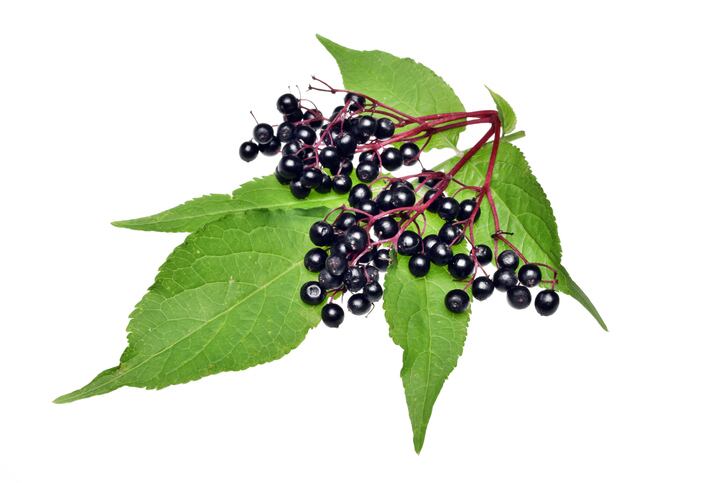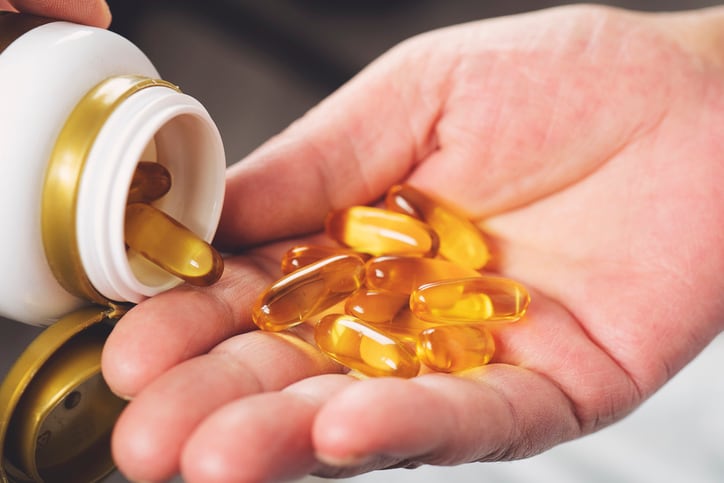The review, titled Botanical drugs and supplements affecting the immune response in the time of COVID‐19: Implications for research and clinical practice, was published in the journal Phytotherapy Research at the end of December. Since then, it has become a go-to resource for many around the world, one of the authors told NutraIngredients-USA.
“I was just informed by the editor that it is among the most accessed papers they’ve published,” said Thomas Brendler, PhD, who is the paper’s corresponding author.
Summary of evidence for broad array of ingredients
The paper summarizes what’s known about the many botanical ingredients that have some evidence for antiviral effects. Those ingredients categories include echinacea, elderberry, curcumin, licorice, a suite of herbal adaptogens and a specific herbal finished product from longtime German herbal medicine manufacturer Schwabe Group.
The review also includes research done on fungal ingredients, whether those derive from the fruiting bodies or the mycelium. While this is an important distinction, the paper notes ingredients that derive from these sources often fly the common flag of ‘medicinal mushrooms.’
The authors noted that the body’s immune system is a complicated feedback loop that does not admit to simple, one-stop-shop answers for ‘boosting immunity.’ There are multiple modes of action for the body to recognize invaders, and several ways the immune system can mobilize a response, they noted.
In each case, the authors noted both the strengths and weaknesses of information supporting antiviral effects for these substances. It’s what makes the review such a valuable addition to the debate about how herbal ingredients ought to be promoted during this turbulent time, said consultant Steven Dentali, PhD, who is the former chief science officer of the American Herbal Products Association.
Valuable addition to available information
“There is a need to differentiate accurate information on the activity of herbs with regard to immune function in the era of COVID-19, including the limitations of that information, from the irresponsible promotion of herbal products for disease treatment. The first provides potentially useful information for clinicians and researchers while the latter may lead to widespread condemnation of herbal treatments,” Dentali said.
“It does not appear that herbs have cured the common cold, but they can help manage its symptoms. Similarly, herbal medicines may provide useful adjunct support for treating COVID-19 infections. This paper is a significant step toward that end by reviewing the literature for several well known herbs with respect to their effects on immune function,” he added.
Dangers of overstating the case
Many of these ingredients saw rapid sales spikes in 2020 as consumers raced to find ways to bolster themselves against a potential bout of COVID-19. Whether that frenzy was exacerbated by the chaotic US federal government response to the crisis—a vacuum of leadership that might have given consumers the notion that they were on their own—is a matter of debate. What’s not open to debate, however, is the fact that the situation gave rise to a host of over broad or even frankly fraudulent claims for these ingredients.
“[W]e have reason to warn explicitly that this health crisis is used to promote products with no evidence‐base and often with outrageously misleading or simply false claims,” the authors noted.
Not a cure, but useful aids
Still, in the main the authors, who represent a broad range of expertise from the US, the UK, Italy, Iran, Oman, Austria and Israel, said there is ample evidence to support the use of these ingredients by consumers who may be seeking additional support in the event of a COVID-19 infection. And there is little evidence that use of the products could give rise to troublesome herb-drug interactions.
“Botanicals discussed here represent an option for use in the appropriate phase of COVID‐19. Data are not strong enough to support active recommendation, but the balance of the evidence suggests that they are safe enough to permit use by members of the public, with appropriate caution,” they concluded.
Source: Phytotherapy Research
https://doi.org/10.1002/ptr.7008
Botanical drugs and supplements affecting the immune response in the time of COVID‐19: Implications for research and clinical practice
Authors: Brendler, T, et al.




